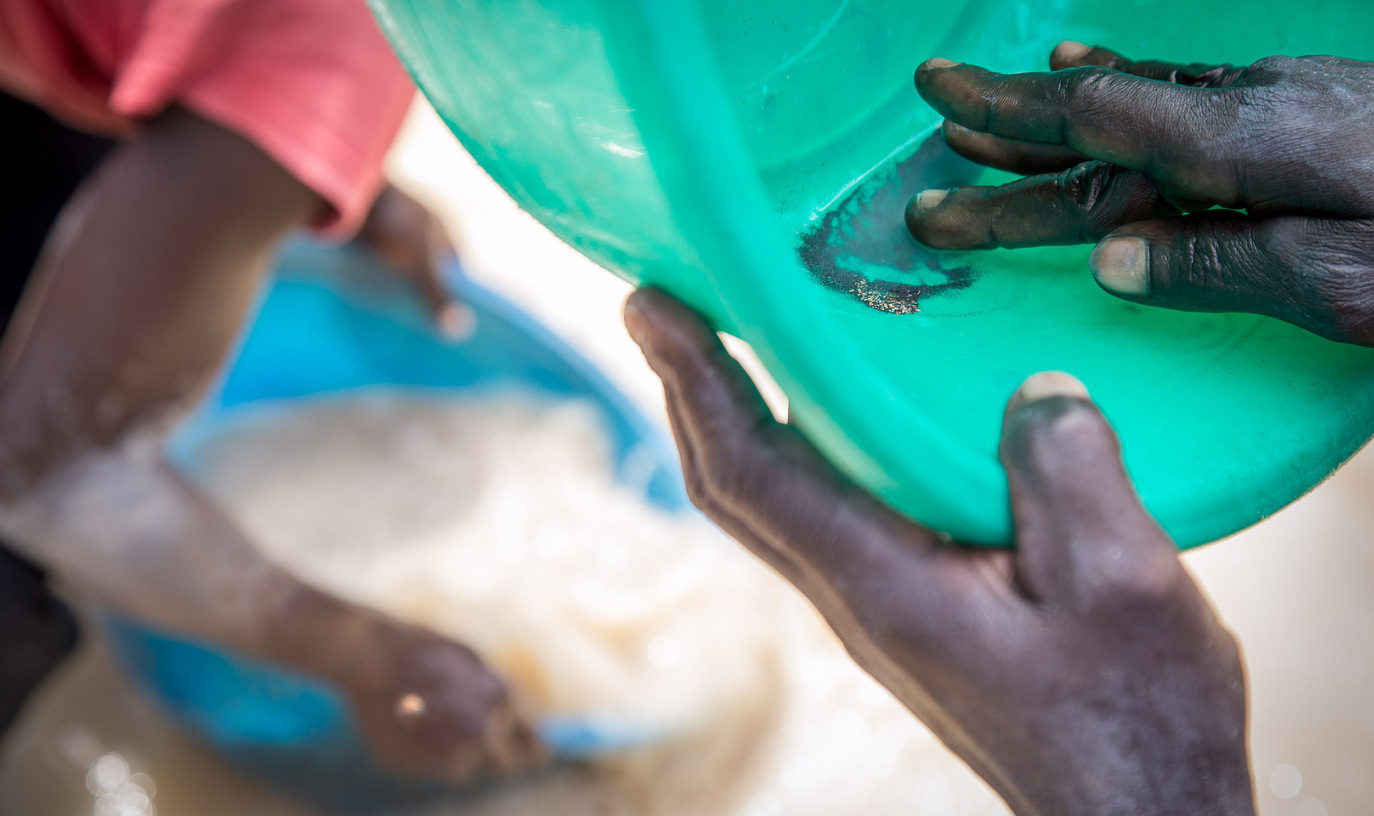The International Conference on the Great Lakes Region (ICGLR) and IMPACT are kicking off a new, four-year, European Union funded project to improve mineral governance in the region while advancing security, stability, and development.
The Peace and Security in the Great Lakes Region project builds the capacity of the ICGLR and its Member States to address artisanal mineral flows and harness their potential as drivers for economic and social development, as well as stability and security.
Between 2024-2027, the project will aim to:
- Improve the control of artisanal mineral resources by updating the Regional Initiative against the Illegal Exploitation of Natural Resources (RINR) which outlines the six tools to address the illegal exploitation of resources. It was originally adopted in 2010 by Heads of State through the Lusaka Declaration. The project will update and support the implementation of the RINR to transition from a tool conceived to rein in illegal activities, to a forward-looking instrument, reflecting stakeholder needs, supporting economic and social development.
- Apply best practices to artisanal gold exports to align with the ICGLR’s artisanal and small-scale (ASM) gold strategy. The project will provide training on best practice models to reform ASM gold export regimes and support engagement with actors across the supply chain—within Member States and internationally.
- Adopt improved Regional Certification Mechanism (RCM) systems and better harness data in Member States. The RCM is a compulsory regional standard for certification of the 3Ts and gold sourced from or transiting across an ICGLR Member State, currently implemented by five Member States. The project will support more efficient RCM systems that meet market expectations.
Supporting ICGLR and Member States
The project team will work directly with the ICGLR’s Technical Unit on Natural Resources, based in Bujumbura, Burundi. The Peace and Security in the Great Lakes Region project adopts the approach of building the capacity of the ICGLR Technical Unit on Natural Resources, who in turn will support the Member States.
By developing a strong curriculum of resources including implementation guidance, training materials, and best practice papers or running train-the-trainer workshops, the ICGLR staff will be able to more effectively support Member States to adopt policies and procedures to improve natural resource governance.
This project, officially the Regional action to contribute to the improvement of mineral resources governance in the Great Lakes region, builds on its first phase, funded by the European Union which ended in 2022. The project’s focus on improved mineral governance is one component of the larger European Union program aimed to consolidate peace and security in Africa’s Great Lakes region.
Context
ASM is an important livelihood for over five million people in the region. While much spotlight has been on Democratic Republic of Congo’s minerals sector and its ties to conflict financing, the linkages to cross-border smuggling, and informal supply chains of other ICGLR countries have increasingly come into focus as contributing drivers.
Of the four minerals making up the focus of the RINR, gold is considered the most significant in terms of conflict financing and revenue lost by African governments because of the large volumes of contraband gold that are illegally smuggled out of Member States. While many traceability and due diligence mechanisms have been implemented for the 3Ts, and conflict financing tied to these minerals seems to have decreased, it appears that gold smuggling is thriving.
Despite important progress, much remains to be done across the countries of the region, both for those that have begun applying the RCM and those that have not. At the same time, ICGLR Member States are increasingly turning their attention to using the mining sector as an engine for economic growth and are keen to broaden the scope of the RINR to support the development of their mineral sectors.
The ICGLR was created in response to the recognition that political instability and conflicts in Central Africa have a considerable regional dimension and require a concerted effort to promote sustainable peace and development. With 12 Member States, it is the only platform regionally that has a strong political mandate, continued support, and technical expertise to work on illicit trade of the minerals sector.
History of Collaboration
The project comes as the ICGLR and IMPACT have renewed their Memorandum of Understanding in January 2024, originally signed in 2011.
IMPACT has a long history as a technical partner to the ICGLR. After the Pact on Security, Stability and Development in the Great Lakes Region was signed by Heads of State in 2006, IMPACT began advising the ICGLR on the development of a regional framework to address the illicit exploitation of resources.
In 2010, as Heads of State and Government signed the Lusaka Declaration, IMPACT began technical support to the ICGLR to implement the six tools part of the Regional Initiative against the Illegal Exploitation of Natural Resources (RINR). This support has included drafting the Regional Certification Mechanism standards, supporting implementation nationally, as well as helping to develop a prototype of the Regional Database on Mineral Flows.
The Peace and Security in the Great Lakes Region project is funded as part of the European Union’s renewed 2023 strategy for the region which commits to addressing the root causes of insecurity, such as the mismanagement of natural resources. The project was officially launched by the EU in January 2024 in Bujumbura at the “Building Together the Future of the Great Lakes Region” conference.

